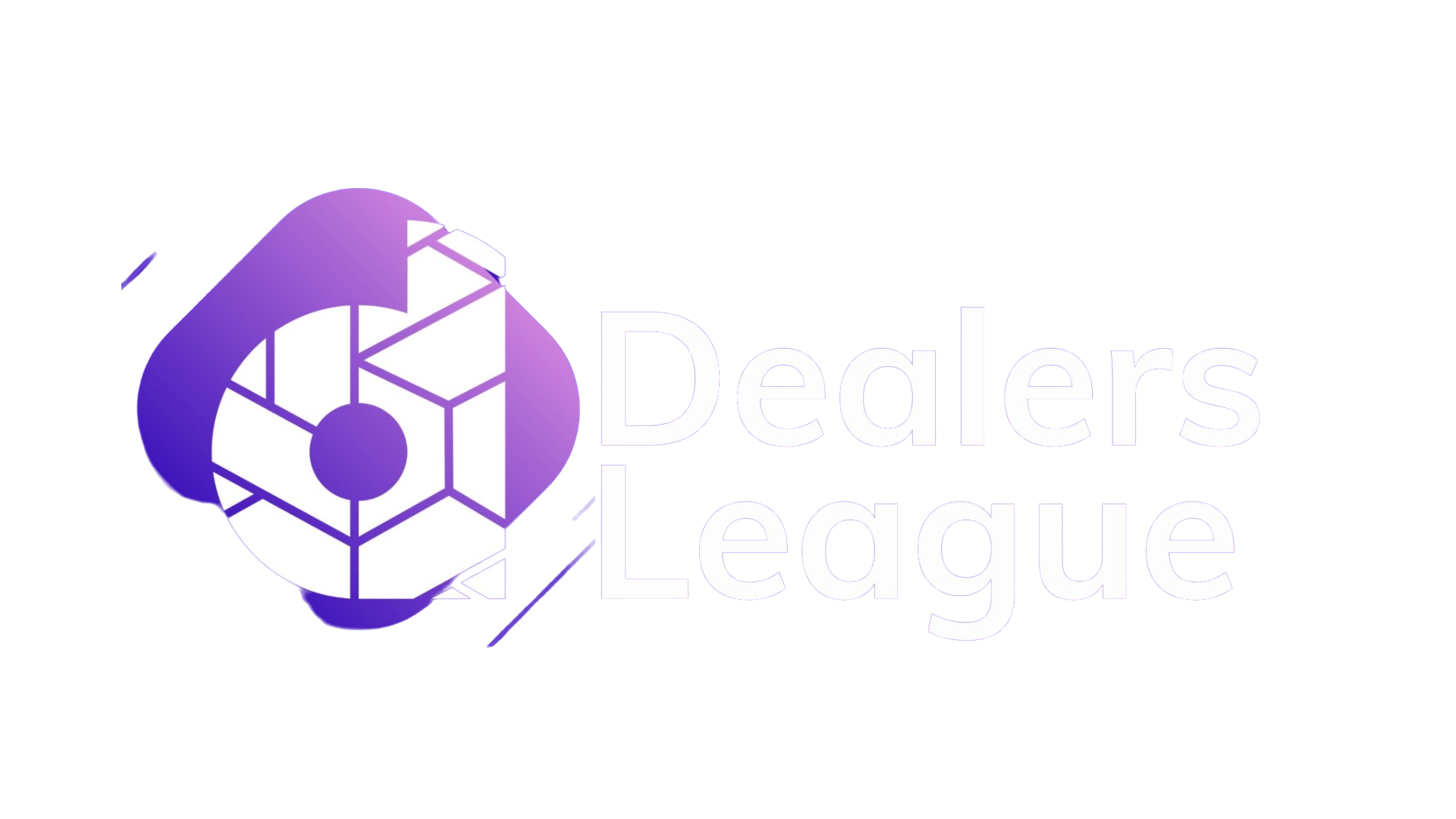Introduction
Welcome to Day 1 of our 30-day SEO journey! Today, we’re diving into the foundation of everything you’ll learn: understanding SEO and why it’s critical for your online success. Whether you’re new to SEO or just looking for a refresher, this guide will help you get started on the right foot.
What is SEO?
SEO, or Search Engine Optimisation, is the practice of optimising your website to increase its visibility when people search for products, services, or information related to your business on search engines like Google. The better your SEO, the more likely your site will appear at the top of search results—and more visibility means more traffic!
SEO focuses on three core components:
• On-Page SEO: This involves optimising elements on your website, like content, keywords, and HTML source code, to make it search engine-friendly.
• Off-Page SEO: This is about building trust and authority for your website through external signals, mainly backlinks from reputable sites.
• Technical SEO: This ensures that your website is fast, secure, and easy to crawl by search engines, making sure search engines can understand and index your content.
Why Does SEO Matter?
1. Increased Organic Traffic
Organic search is often the primary source of website traffic. By optimising your site for SEO, you make it easier for users to find your content without paying for ads. Organic traffic is long-term and sustainable, and it compounds over time as your site gains authority.
2. Builds Credibility and Trust
Ranking high on search engine results pages (SERPs) signals to users that your site is reliable and credible. Users tend to trust search engines, and being in those top positions gives you instant credibility.
3. Cost-Effective
Compared to paid advertising, SEO offers long-lasting benefits without continuous spending. While SEO does require time and effort upfront, the long-term results often far outweigh the costs.
4. A Competitive Edge
Your competitors are likely using SEO to boost their online presence, and without it, you risk being left behind. SEO helps you stay competitive, allowing you to capture a bigger share of the market.
5. Enhances User Experience
SEO isn’t just about ranking; it’s also about improving the user experience. Fast load times, mobile optimisation, easy navigation, and engaging content all contribute to both better rankings and better experiences for your visitors.
How Do Search Engines Rank Websites?
Search engines like Google use complex algorithms to rank websites, but there are a few key factors that are universally important:
• Relevance: Does your content match what users are searching for? This is where keyword optimisation plays a key role.
• Quality: High-quality, well-written content that satisfies user intent will rank higher. Content depth and originality are crucial.
• Authority: Sites with many quality backlinks from other websites are considered more authoritative.
• User Experience: Fast, mobile-friendly, and easy-to-navigate sites provide a better user experience, which search engines reward.
• Technical Optimisation: Search engines need to be able to crawl and index your site easily. Page speed, secure connections (HTTPS), and mobile responsiveness all impact rankings.
Getting Started with SEO
Now that you understand the basics of SEO, you can begin working on optimising your site. Here are three simple actions you can take today:
1. Audit Your Site: Use a tool like Google Search Console or Screaming Frog to get an overview of your current SEO performance. This will help identify technical issues or gaps in your content.
2. Research Keywords: Start thinking about what keywords people might use to find your website. Use tools like Google Keyword Planner or Ubersuggest to create a list of target keywords.
3. Optimise Your Existing Content: Review your website’s current pages. Are they targeting relevant keywords? Are the titles and meta descriptions optimised? Make sure your content is aligned with what users are searching for.
Conclusion
SEO is a game-changer for your website, enabling you to drive organic traffic, build trust, and grow your online presence without the need for paid advertising. Mastering SEO takes time and effort, but the long-term benefits are invaluable. Over the next 30 days, you’ll learn step-by-step how to apply SEO techniques to your website, so stay tuned!

